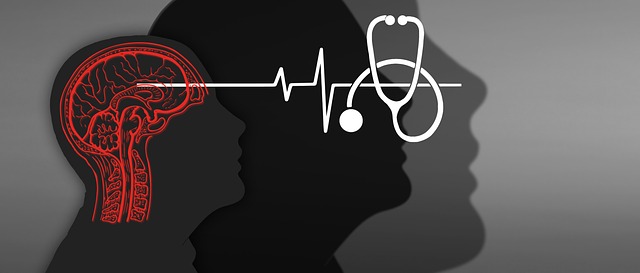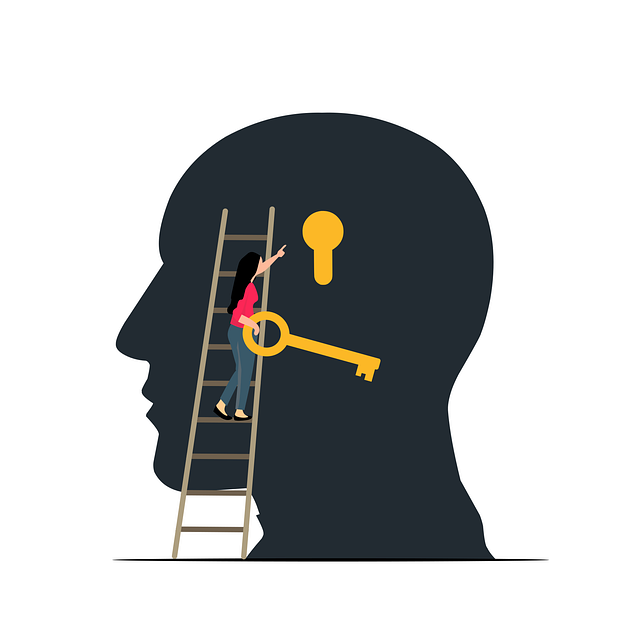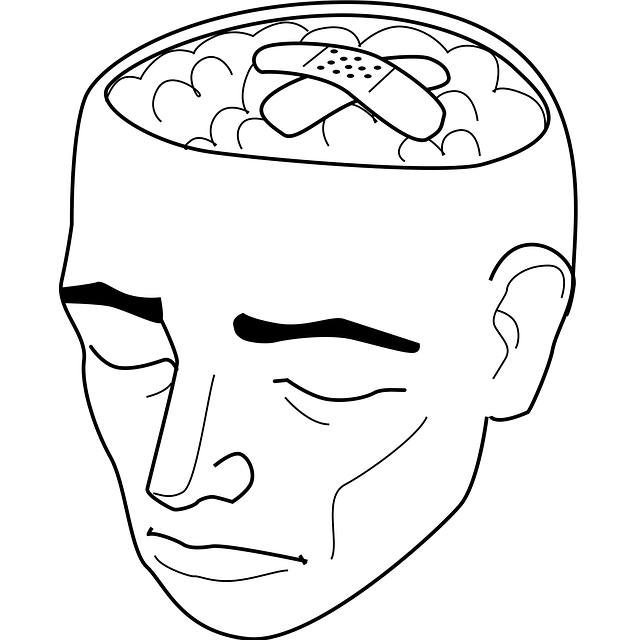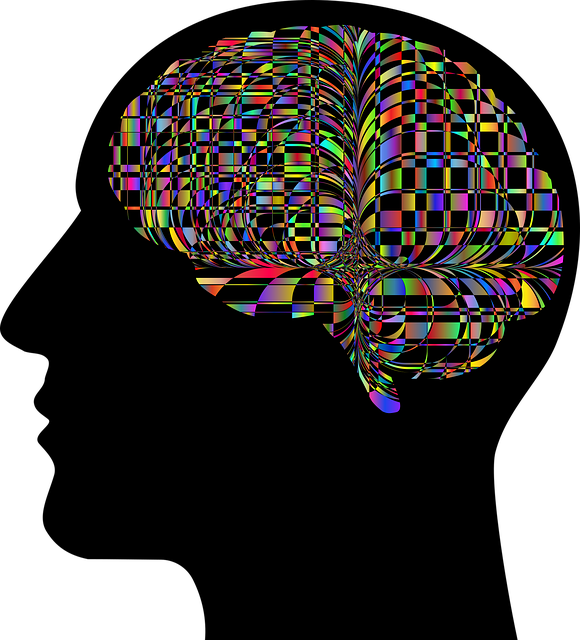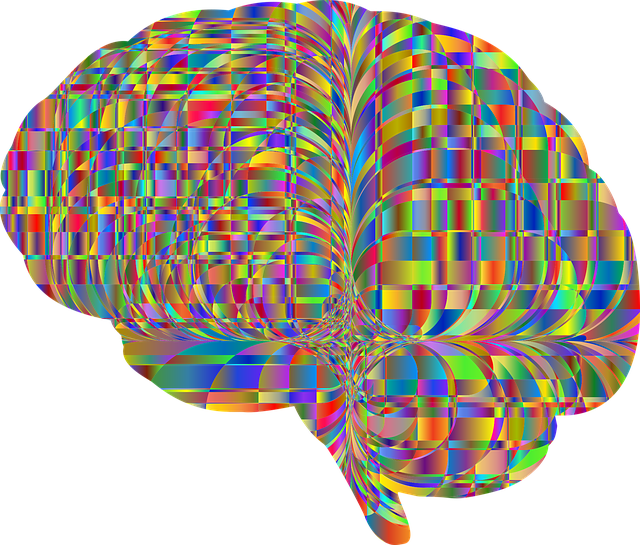Social Skills Training is a key component of holistic therapy for mental health conditions like Conduct Disorder in Greenwood Village, focusing on improving emotional regulation, self-esteem, and coping mechanisms. Evidence-based approaches, including individual and group sessions with mindfulness meditation and risk assessments, teach skills to navigate social interactions, manage impulsive behaviors, and build resilience. Effective programs go beyond role-playing with real-world simulations, empathy exercises, peer support, and stress management techniques for improved mental well-being. Greenwood Village Conduct Disorder Therapy integrates these strategies for comprehensive care.
Social skills training is a powerful tool in supporting individuals with mental health conditions, particularly those affected by conduct disorder. This article explores the intricate link between social skills and mental wellness, highlighting Greenwood Village Conduct Disorder Therapy’s innovative approach. We delve into effective strategies for training, offering practical insights for professionals and caregivers. By enhancing social abilities, these techniques aim to foster better relationships and improve overall mental health outcomes, particularly relevant in today’s social landscape.
- Understanding the Connection Between Social Skills and Mental Health
- The Role of Conduct Disorder Therapy in Greenwood Village
- Practical Strategies for Effective Social Skills Training
Understanding the Connection Between Social Skills and Mental Health

Social skills training is a crucial aspect of addressing mental health conditions, especially for those struggling with issues like conduct disorder in Greenwood Village. The connection between social skills and mental health is intricate; individuals with robust social skills often exhibit better emotional regulation, enhanced self-esteem, and improved coping mechanisms, which are key factors in maintaining positive mental well-being. On the other hand, difficulties in social interaction can lead to feelings of isolation, low self-worth, and increased stress, potentially exacerbating existing mental health challenges.
Empathy building strategies play a significant role here, fostering understanding and connection between individuals. Community outreach program implementations can also help break down barriers and promote inclusive environments. Additionally, coping skills development is essential—teachable techniques to manage emotions, reduce anxiety, and navigate social situations effectively. These holistic approaches aim to empower individuals with the tools needed to thrive in various settings, thereby improving their overall mental health and quality of life.
The Role of Conduct Disorder Therapy in Greenwood Village

In Greenwood Village, Conduct Disorder Therapy plays a pivotal role in addressing and managing mental health conditions, particularly among youth and young adults. This specialized therapy is designed to help individuals grappling with conduct disorders by focusing on their social interactions, behaviors, and emotional regulation. The approach in Greenwood Village integrates evidence-based practices tailored to each client’s unique needs. Through individual and group sessions, participants learn essential skills for improving relationships, understanding boundaries, and managing impulsive behaviors.
The therapy also emphasizes resilience building, a key component in fostering adaptability and coping strategies. Mindfulness meditation is often incorporated to enhance self-awareness, promote emotional control, and reduce aggression. Conduct Disorder Therapy in Greenwood Village further includes comprehensive risk assessments for mental health professionals, ensuring safe and effective interventions while nurturing the development of positive social skills.
Practical Strategies for Effective Social Skills Training

Social Skills Training is an essential component of holistic mental health care, especially for conditions like Conduct Disorder often treated at Greenwood Village. Effective strategies go beyond mere role-playing. They include real-world simulations that help individuals apply learned skills in various settings. For instance, group discussions centered around navigating social situations can offer valuable insights into the nuances of communication and conflict resolution.
Incorporating mental illness stigma reduction efforts within training sessions can foster a supportive environment. Mental wellness advocates often emphasize the importance of peer support networks and empathy-building exercises. Well-designed mental health education programs should also teach coping mechanisms for stress, anxiety, and anger management. These strategies not only enhance social interactions but also contribute to overall mental health and well-being.
Social skills training plays a pivotal role in addressing mental health conditions, especially in communities like Greenwood Village where specialized therapies, such as those for Conduct Disorder, are accessible. By integrating practical strategies into treatment plans, individuals can develop essential social competencies, fostering better interactions and overall well-being. This approach not only enhances their ability to navigate social environments but also contributes to improved mental health outcomes. With dedicated programs and a focus on evidence-based practices, Greenwood Village Conduct Disorder Therapy offers a comprehensive solution, empowering individuals to build meaningful connections and lead more fulfilling lives.
